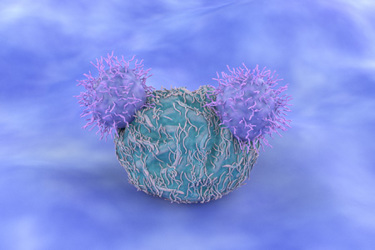CAR-T Cell Generation: From Optimized Plasmid Design And Lentiviral Vector Production To Killing Assay
By Claire Guéguen, Léah Lecornez, Mélodie Seiler, Enzo Bazzaro, Maxime Dumont, Lucie Klughertz, Marine Guise, Sylvain Julien, Patrick Erbacher

CAR-T cell therapies have emerged as a powerful tool in the fight against cancer, offering targeted treatment options for patients with otherwise limited alternatives. This application note unveils the detailed process of generating CAR-T cells, from plasmid design to functional validation. Utilizing cutting-edge e-Zyvec® DNA assembly technology and FectoVIR®-LV for lentiviral vector production, researchers constructed plasmids encoding CD19 CAR to transduce T cells and expand them ex vivo.
The results demonstrate the successful generation of CAR-T cells with potent anti-tumor capabilities, particularly against CD19-expressing cancer cells.
Key aspects of the methodology include optimized plasmid assembly, high-titer lentiviral vector production, and a robust cytotoxicity assay that showcases the CAR-T cells' ability to eliminate antigen-positive target cells. This study highlights the strategic integration of advanced molecular engineering techniques, resulting in efficient CAR-T cell production with promising therapeutic potential. These findings contribute to the growing body of knowledge surrounding gene-modified cell therapies and underscore the importance of precise, scalable processes to support the advancement of CAR-T therapies in clinical settings. For additional insights into CAR-T cell generation, download the full application note below.
Get unlimited access to:
Enter your credentials below to log in. Not yet a member of Pharmaceutical Online? Subscribe today.
